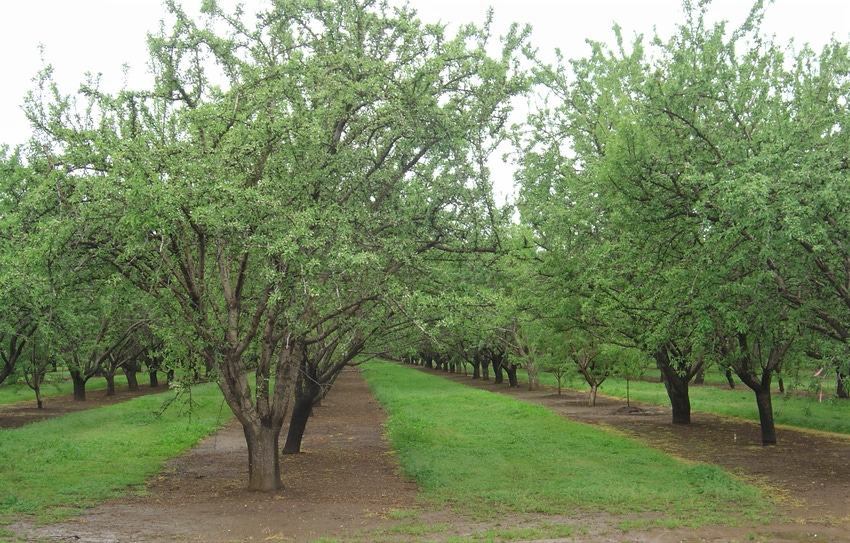
University of California President Janet Napolitano has put a temporary halt to the use of glyphosate on the system's 10 campuses while exempting agricultural operations and research.
The suspension, which follows a discussion of the Board of Chancellors earlier this month, was prompted by concerns over possible human health and environmental hazards as well as legal and reputational risks from continuing to use the herbicide, Napolitano says in a May 14 letter to chancellors, Division of Agriculture and Natural Resources vice president Glenda Humiston and other university officials.
"The university is currently considering long-term approaches to the use of glyphosate-based herbicides, as well as other pesticides, and may alter or terminate the temporary suspension after expert review," she writes, adding that a newly formed task force would perform the review.
As most glyphosate use at UC locations are set to stop June 1, exemptions will apply to agricultural operations, research that requires use of the herbicide, fuel-load management to reduce wildfire risk, and native habitat preservation or restoration, Napolitano explains.
In those instances, UC employees applying glyphosate-based herbicides must be certified by the state Department of Pesticide Regulation and follow recommendations for personal protective equipment, she writes.
Related: Jury awards $2 billion in third Roundup trial
Glyphosate is the active ingredient in the Monsanto weedkillers Roundup and Ranger, as well as over 700 other commercial herbicides. The UC's move, which aims to protect its more than 200,000 students from exposure, came one day after a jury in Oakland on Monday awarded a $2.055 billion verdict to plaintiffs in a trial over whether Roundup causes cancer.
Two previous trials in San Francisco over the herbicide yielded combined damages of $159 million against the company. Bayer is appealing those verdicts and vowed to challenge Monday’s as well, calling it “excessive and unjustifiable," according to Bloomberg News.
Students cheer
The UC's suspension was cheered by Herbicide-Free UC, a student-led campaign to end the use of herbicides across the university system. Organizers say the movement builds on the momentum of the Herbicide-Free Cal campaign that was founded by two UC-Berkeley student-athletes in 2017 after they were notified of herbicides being used on their volleyball court.
"It would be irresponsible for the University of California to not take action at this point, especially after three separate juries in the state of California have decided that Monsanto's glyphosate-based herbicides cause cancer," says Herbicide-Free UC founder Mackenzie Feldman.
Related: EPA proposes management changes for glyphosate
Related: Bayer releases more safety study reports
The organization calls for a permanent ban on glyphosate in the UC system, arguing the "science is clear" that chemicals used by UC employees and subcontractors "pose a serious health risk to students, faculty, and staff.
"The University of California’s own faculty were even involved in designating many of these chemicals as dangerous," the group added in a news release.
In all, Bayer AG faces 13,400 lawsuits claiming Roundup causes cancer, with the number jumping by thousands each quarter, Bloomberg reports. The next trials are scheduled for this summer in St. Louis, the home base of Monsanto’s operations.
About the Author(s)
You May Also Like






